RV Plugs
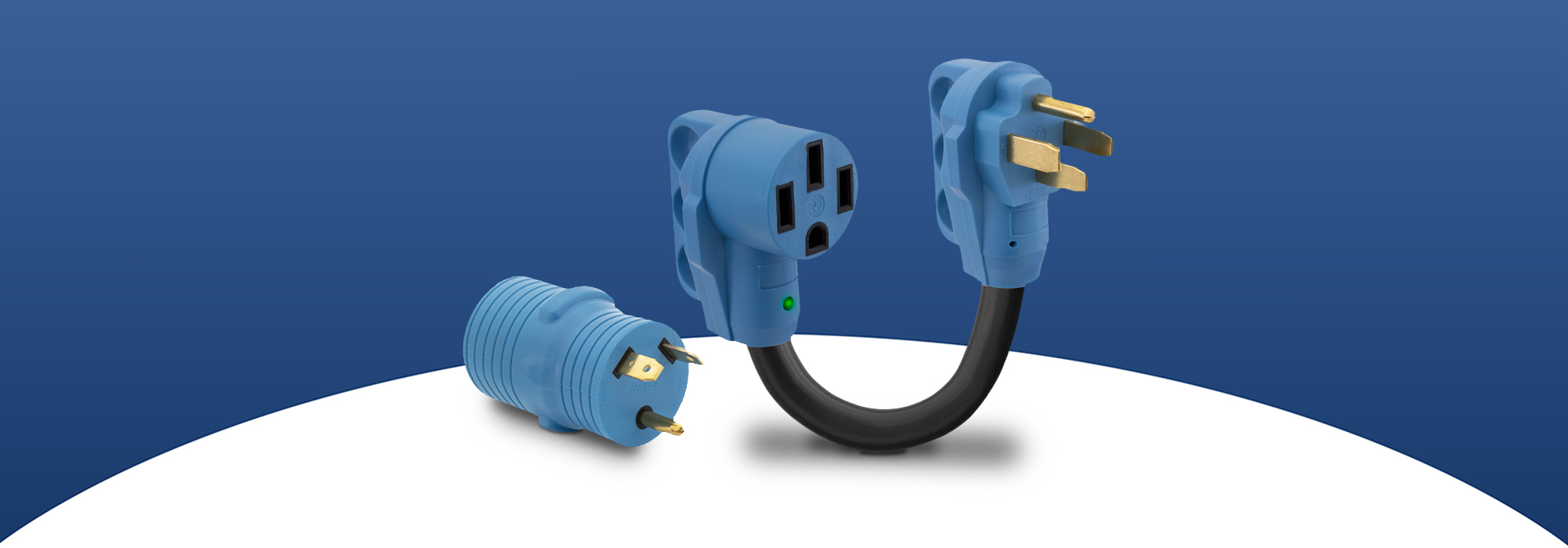
You're on vacation to have a good time, not to fuss about with broken or faulty electrical equipment. If you've found yourself in the unfortunate situation of a broken or lacking electrical system, then you're in the right place. With our selection here, you can get back on the road just in time for a stellar vacation.
With all of the systems aboard your RV, it can get pretty confusing to know what goes where. And the electrical system is not an exception. From plugs and outlets to cords and connectors, it can get messy. You don't want to spend your vacation in a tangle of plugs and cords, though. You want to be free to have a great time, whether that be hiking, swimming, or just relaxing. And with our selection of electrical equipment and accessories, specifically RV plugs, you can get everything in its place so that you can relax and enjoy your trip.
RV Electrical | Circuit Breakers | Converters | Inverters | Dimmer Switches | Extension Cords | Motors | Generators | Connectors | Power Inlets | Power Sockets | Switches | Trailer Wiring
-
On Sale

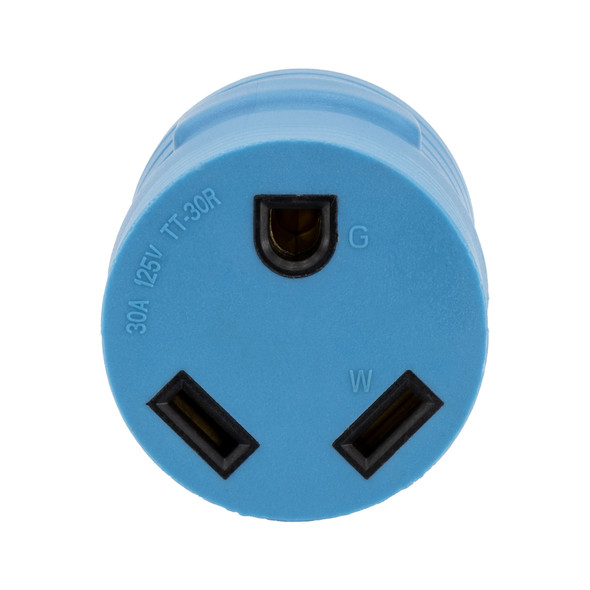 Now: $6.95Was: $7.95
Now: $6.95Was: $7.95 -
On Sale

 Now: $15.95Was: $16.95
Now: $15.95Was: $16.95 -
On Sale
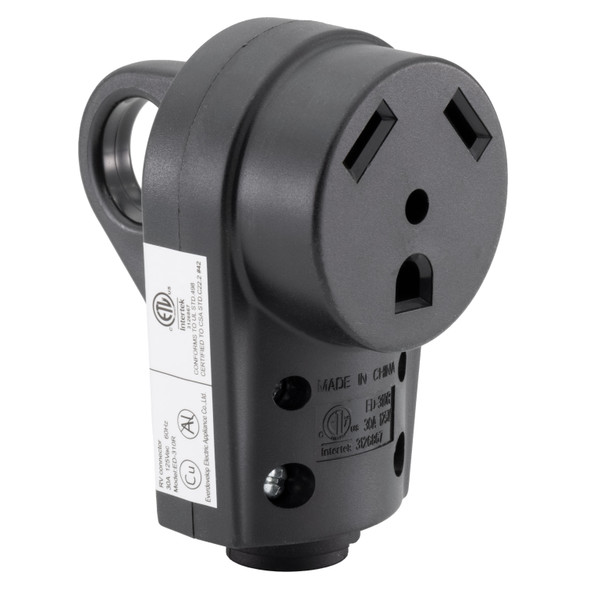
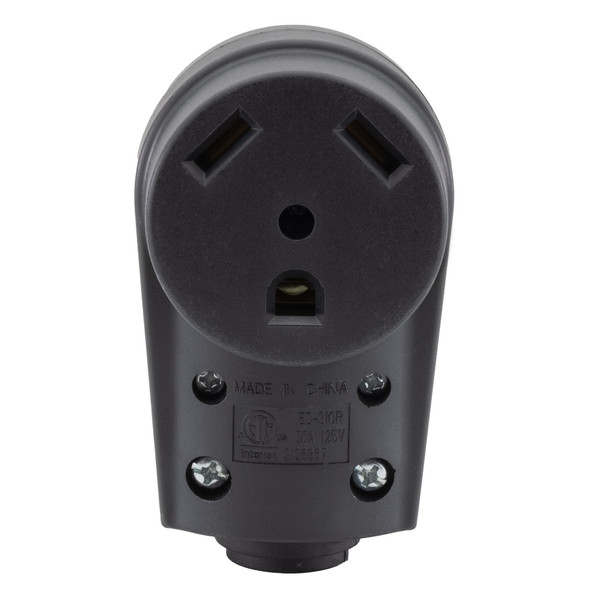 Now: $10.95Was: $11.95
Now: $10.95Was: $11.95 -
On Sale
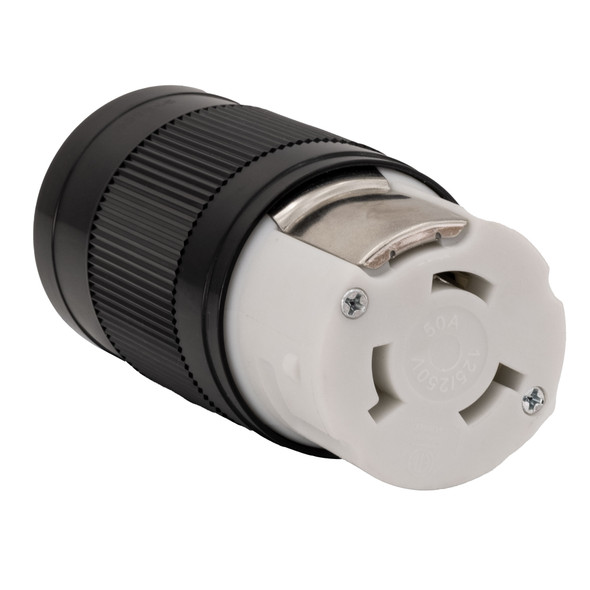
 Now: $17.95Was: $19.95
Now: $17.95Was: $19.95 -
On Sale
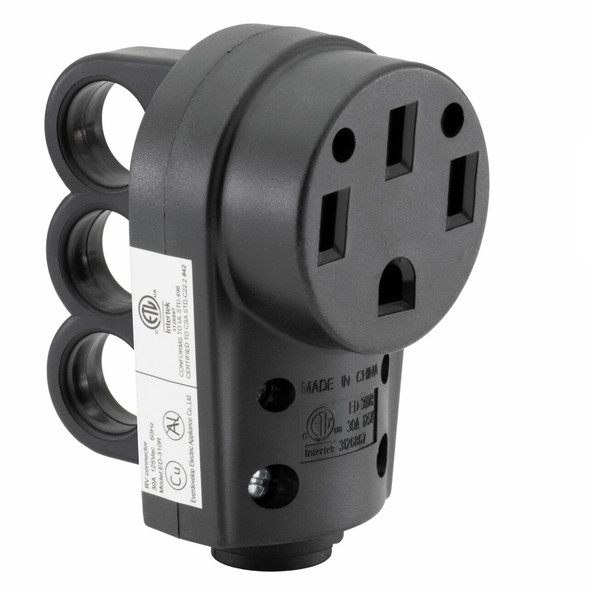
 Now: $13.95Was: $14.95
Now: $13.95Was: $14.95 -
On Sale

 Now: $6.95Was: $7.95
Now: $6.95Was: $7.95 -
On Sale
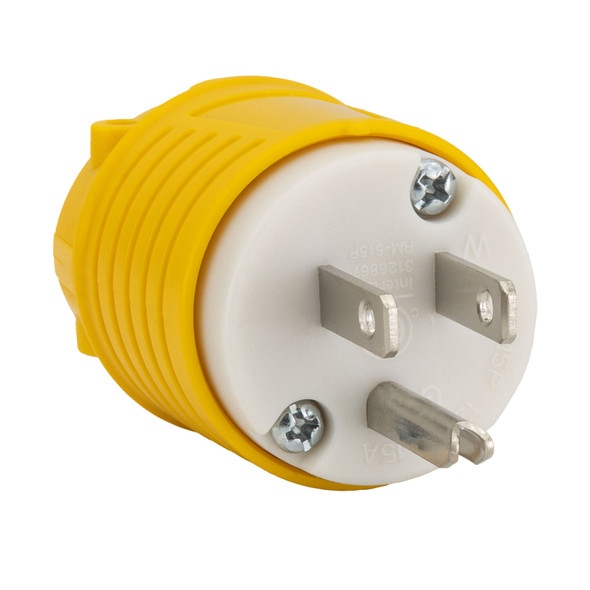
 Now: $6.95Was: $7.95
Now: $6.95Was: $7.95 -

 $9.95
$9.95 -
On Sale

 Now: $7.95Was: $9.95
Now: $7.95Was: $9.95 -

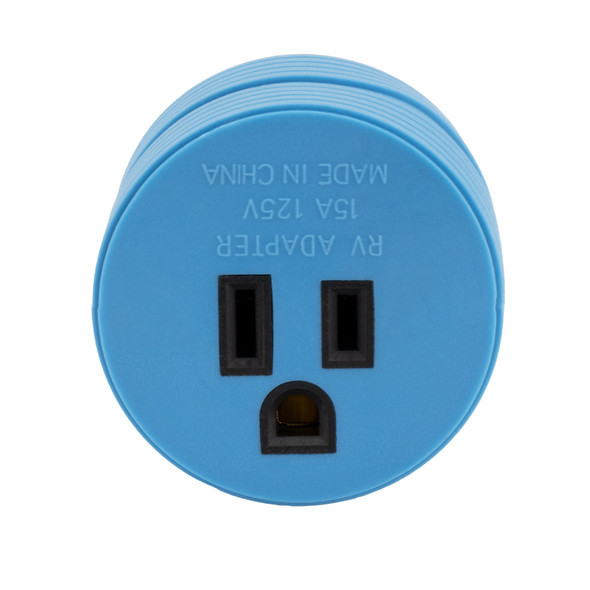 $7.95
$7.95 -
On Sale

 Now: $7.95Was: $9.95
Now: $7.95Was: $9.95 -

 $14.95
$14.95 -
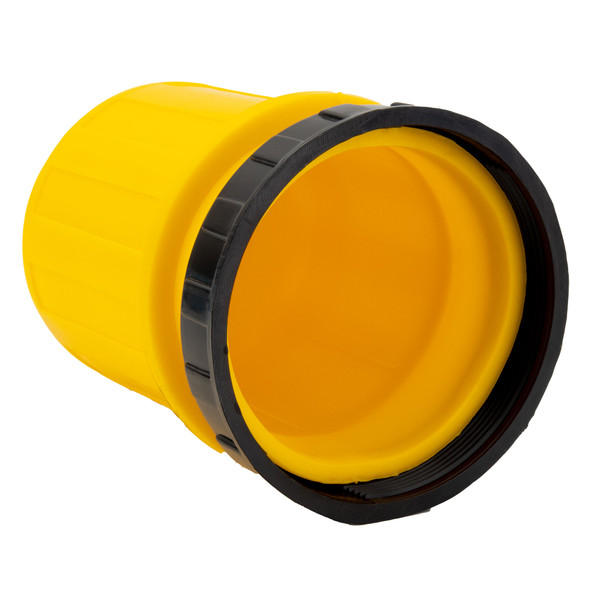
 $9.95
$9.95 -
On Sale

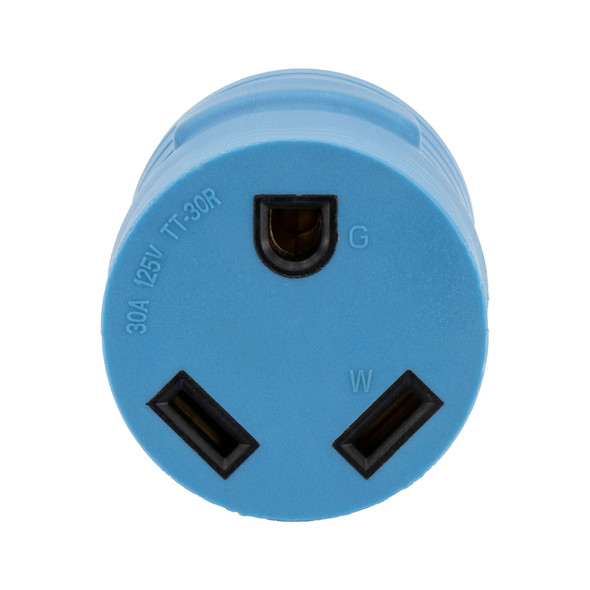 Now: $7.95Was: $9.95
Now: $7.95Was: $9.95 -
On Sale

 Now: $12.95Was: $14.95
Now: $12.95Was: $14.95 -
On Sale

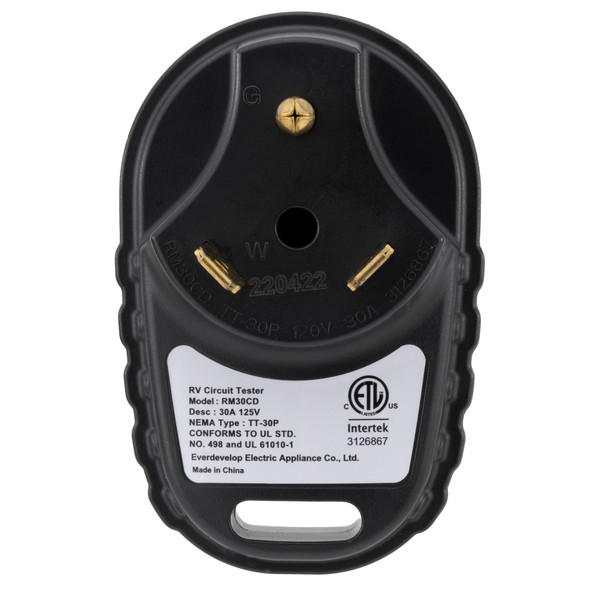 Now: $17.95Was: $19.95
Now: $17.95Was: $19.95 -
On Sale

 Now: $17.95Was: $19.95
Now: $17.95Was: $19.95 -
On Sale

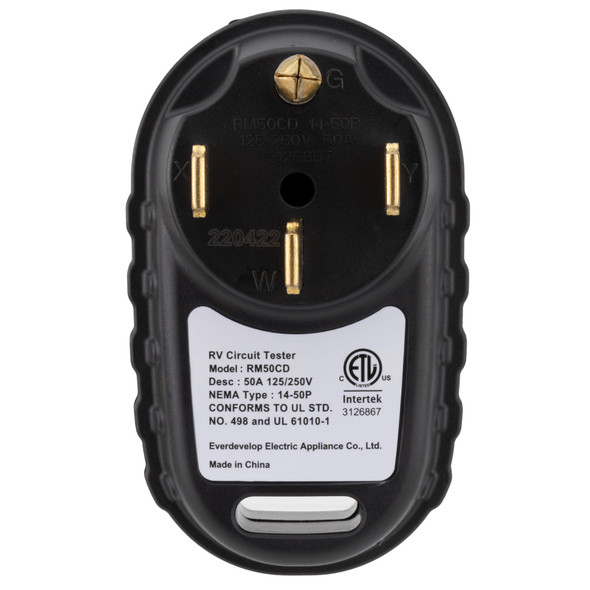 Now: $20.95Was: $21.95
Now: $20.95Was: $21.95

You're on vacation to have a good time, not to fuss about with broken or faulty electrical equipment. If you've found yourself in the unfortunate situation of a broken or lacking electrical system, then you're in the right place. With our selection here, you can get back on the road just in time for a stellar vacation.
With all of the systems aboard your RV, it can get pretty confusing to know what goes where. And the electrical system is not an exception. From plugs and outlets to cords and connectors, it can get messy. You don't want to spend your vacation in a tangle of plugs and cords, though. You want to be free to have a great time, whether that be hiking, swimming, or just relaxing. And with our selection of electrical equipment and accessories, specifically RV plugs, you can get everything in its place so that you can relax and enjoy your trip.
RV Electrical | Circuit Breakers | Converters | Inverters | Dimmer Switches | Extension Cords | Motors | Generators | Connectors | Power Inlets | Power Sockets | Switches | Trailer Wiring
